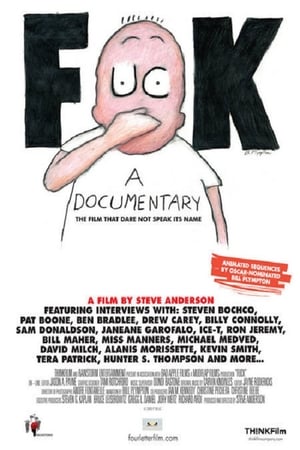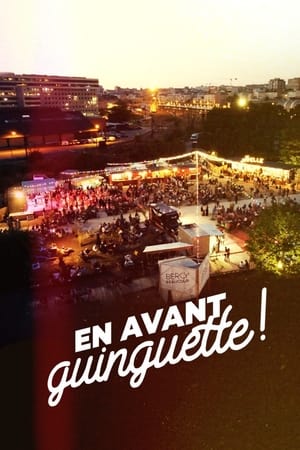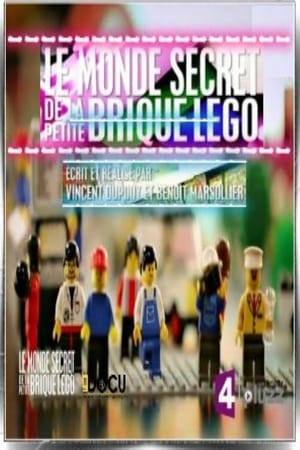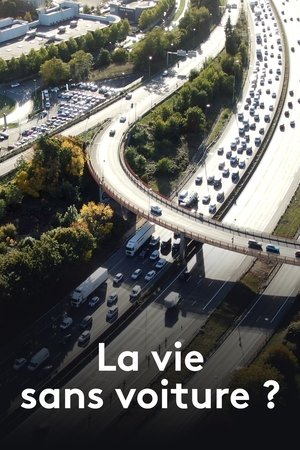
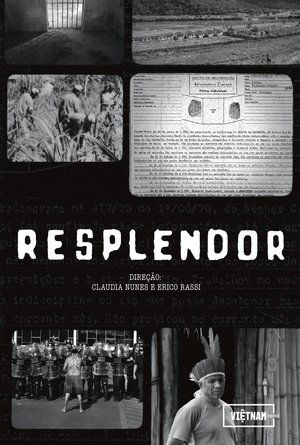
Resplendor(2019)
The National Truth Commission, installed in 2011 to investigate crimes committed during a military dictatorship, brought to the public a still very obscure chapter of our history: the existence of an indigenous detention center in the city of Resplendor (MG), called Reformatório Krenak . First installed within the territory of the Krenak ethnic group, and later transferred to Carmésia, it imprisoned and tortured not only Krenak indigenous people, but several other ethnic groups such as the Pataxó, imposing restrictions on their ancestral practices under relentless surveillance by the military. The documentary shows how this concentration camp worked, and the consequences of this collective trauma for the affected indigenous peoples.
Movie: Resplendor
Top 1 Billed Cast
himself

Resplendor
HomePage
Overview
The National Truth Commission, installed in 2011 to investigate crimes committed during a military dictatorship, brought to the public a still very obscure chapter of our history: the existence of an indigenous detention center in the city of Resplendor (MG), called Reformatório Krenak . First installed within the territory of the Krenak ethnic group, and later transferred to Carmésia, it imprisoned and tortured not only Krenak indigenous people, but several other ethnic groups such as the Pataxó, imposing restrictions on their ancestral practices under relentless surveillance by the military. The documentary shows how this concentration camp worked, and the consequences of this collective trauma for the affected indigenous peoples.
Release Date
2019-06-10
Average
0
Rating:
0.0 startsTagline
Genres
Languages:
PortuguêsKeywords
Similar Movies
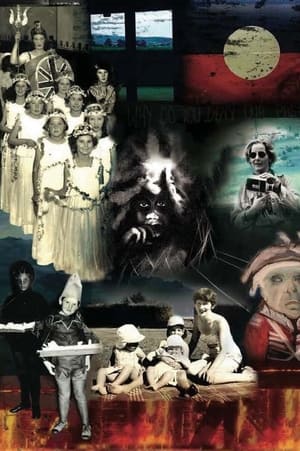 5.0
5.0Island Home Country(en)
A poetic cine-essay about race and Australia’s colonised history and how it impacts into the present offering insights into how various individuals deal with the traumatic legacies of British colonialism and its race-based policies. The film’s consultative process, with ‘Respecting Cultures’ (Tasmanian Aboriginal Protocols), offers an evolving shift in Australian historical narratives from the frontier wars, to one of diverse peoples working through historical trauma in a process of decolonisation.
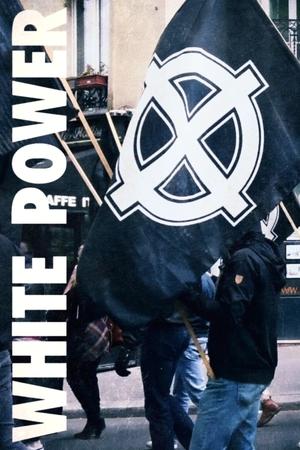 5.0
5.0White Power: Inside Europe's Far-Right Movement(fr)
An analysis of the rise of the European far-right, increasingly present in both politics and everyday life: an inquisitive journey through France, Germany and Belgium.
 6.7
6.7The Society of the Spectacle(fr)
Guy Debord's analysis of a consumer society.
 6.0
6.0The Panafrican Festival in Algiers(ar)
Festival panafricain d'Alger is a documentary by William Klein of the music and dance festival held 40 years ago in the streets and in venues all across Algiers. Klein follows the preparations, the rehearsals, the concerts… He blends images of interviews made to writers and advocates of the freedom movements with stock images, thus allowing him to touch on such matters as colonialism, neocolonialism, colonial exploitation, the struggles and battles of the revolutionary movements for Independence.
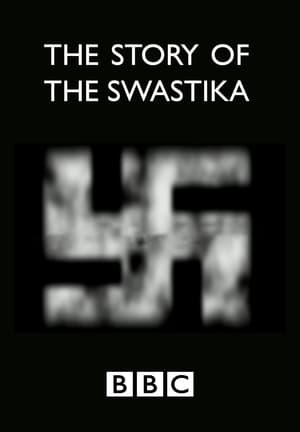 0.0
0.0The Story of the Swastika(en)
In the week when Hindus celebrate the holy festival of Diwali, this documentary tells the story of one of their faith's most sacred symbols - the swastika. For many, the swastika has become a symbol synonymous with the Nazis and fascism. But this film reveals the fascinating and complex history of an emblem that is, in fact, a religious symbol, with a sacred past. For the almost one billion Hindus around the world, the swastika lies at the heart of religious practices and beliefs, as an emblem of benevolence, luck and good fortune.
 7.0
7.0The Sound of Identity(en)
In the spotlight of global media coverage, the first transgender woman ever to perform as Don Giovanni in a professional opera, makes her historic debut in one of the reddest states in the U.S.
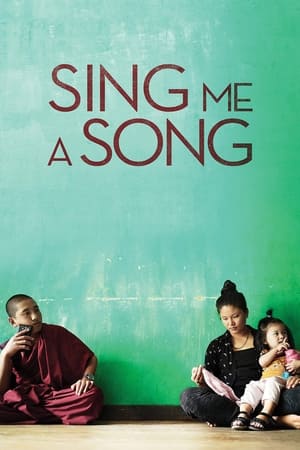 7.3
7.3Sing Me a Song(dz)
As the Internet finally arrives in tiny Bhutan, documentarian Thomas Balmès is there to witness its transformative impact on a young Buddhist monk whose initial trepidation gives way to profound engagement with the technology.
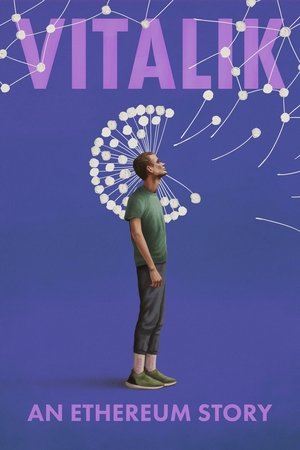 0.0
0.0Vitalik: An Ethereum Story(en)
Chronicles tech visionary Vitalik Buterin and Ethereum's community of builders as they fight for an open internet accessible to all.
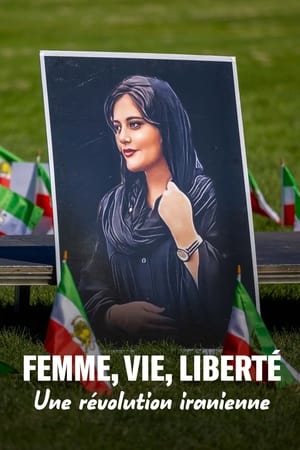 8.5
8.5Woman, Life, Freedom: An Iranian Revolution(fr)
On September 16, 2022, in Teheran, the murder by police of the young Mahsa Amini, arrested for "wearing a headscarf contrary to the law", sparked off an unprecedented insurrection. Within hours, a spontaneous movement formed around the rallying cry: "Woman, life, freedom". For the first time, women, joined by men and students, took the initiative and removed their veils, the hated symbol of the Islamic Republic. The Iranian population, from all regions and social categories, rose up in protest. Social networks went wild. The diaspora (between 5–8 million Iranians) took up the cause, and the whole world discovered the scale of this mobilization: could the theocratic regime be overthrown this time?
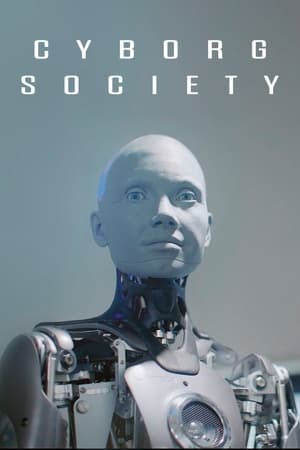 7.0
7.0Cyborg Society(en)
What does the looming A.I. revolution mean for us as individuals and as a society?
 8.0
8.0Die Hunde der Mächtigen - und eine Katze(de)
They are the secret protagonists of world history: dogs that became famous alongside powerful masters and mistresses. A four-legged friend helps to cultivate an image and can, depending on the calculations, make its owner appear sympathetic or threatening. In England, however, prime ministers have to get used to a cat...
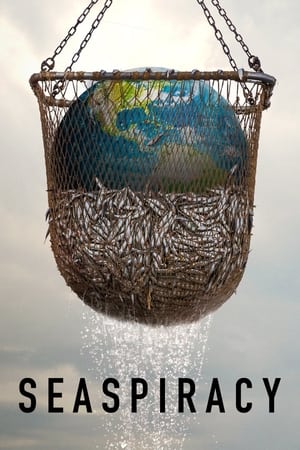 7.8
7.8Seaspiracy(en)
Passionate about ocean life, a filmmaker sets out to document the harm that humans do to marine species — and uncovers an alarming global conspiracy.
 0.0
0.0The Stand(en)
On a misty morning in the fall of 1985, a small group of Haida people blockaded a muddy dirt road on Lyell Island, demanding the government work with Indigenous people to find a way to protect the land and the future. In a riveting new feature documentary drawn from more than a hundred hours of archival footage and audio, award-winning director Christopher Auchter (Now Is the Time) recreates the critical moment when the Haida Nation’s resolute act of vision and conscience changed the world.
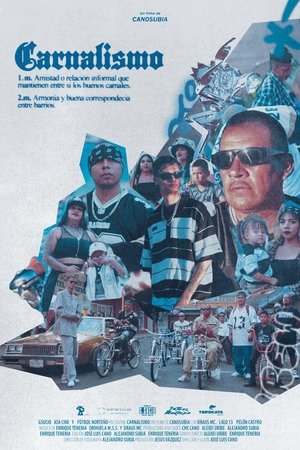 0.0
0.0Carnalismo(es)
In the heart of Durango, the Low Biker community has forged a unique bond through a shared love for cumbias and custom bicycles, uniting neighborhoods across the city in a vibrant, collective passion. Amid the joy of their culture, they face the harsh realities of discrimination and prejudice, navigating daily challenges from a society that struggles to accept their way of life.
 6.7
6.7The 11th Hour(en)
A look at the state of the global environment including visionary and practical solutions for restoring the planet's ecosystems. Featuring ongoing dialogues of experts from all over the world, including former Soviet Prime Minister Mikhail Gorbachev, renowned scientist Stephen Hawking, former head of the CIA R. James Woolse
